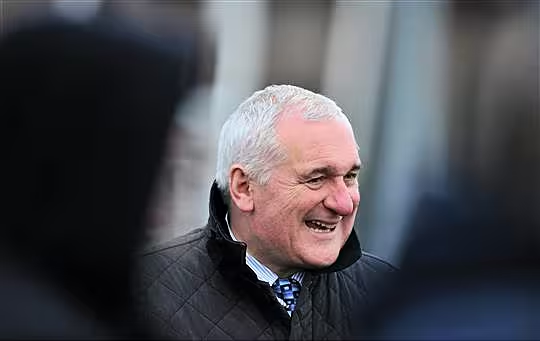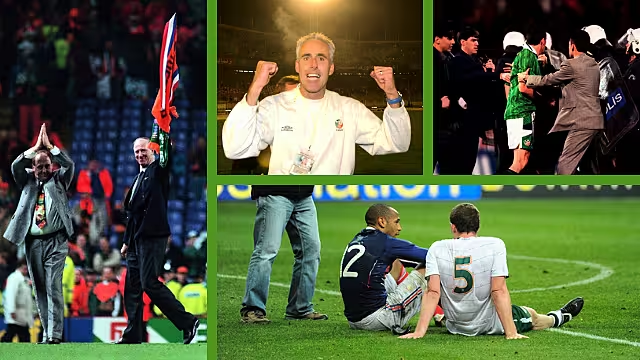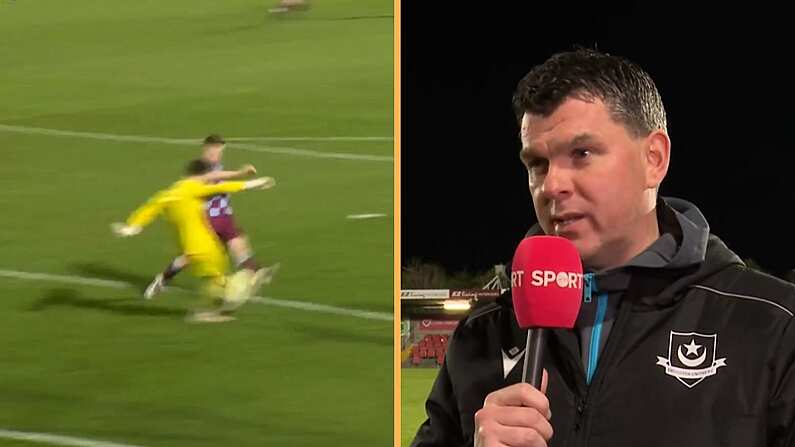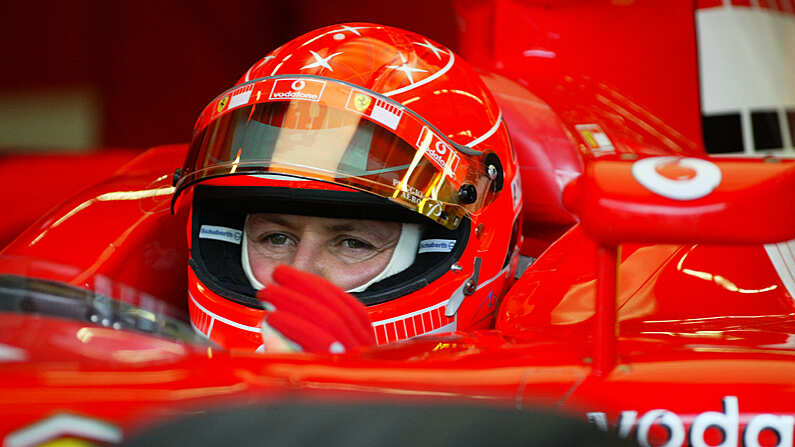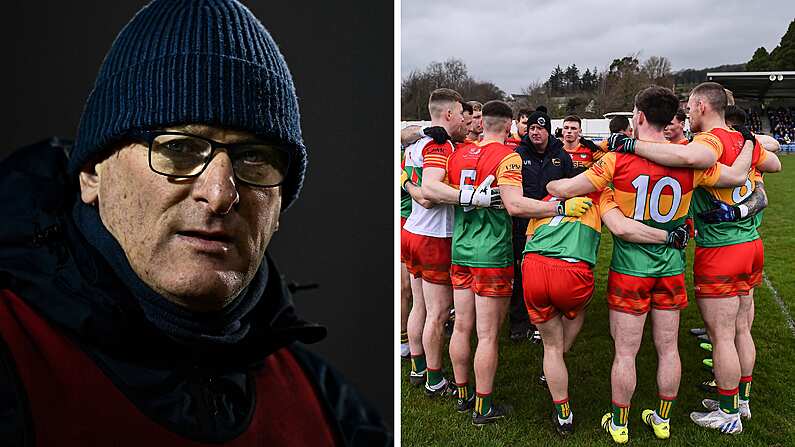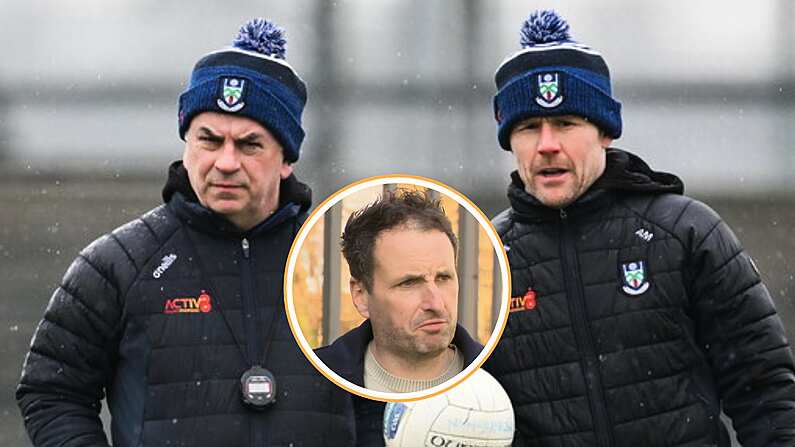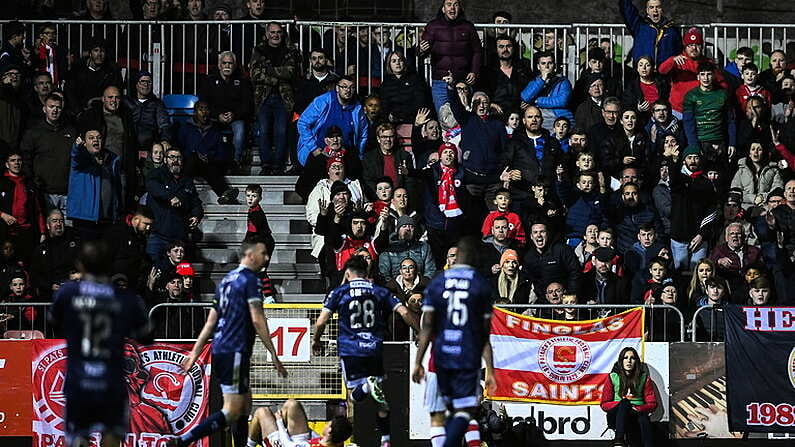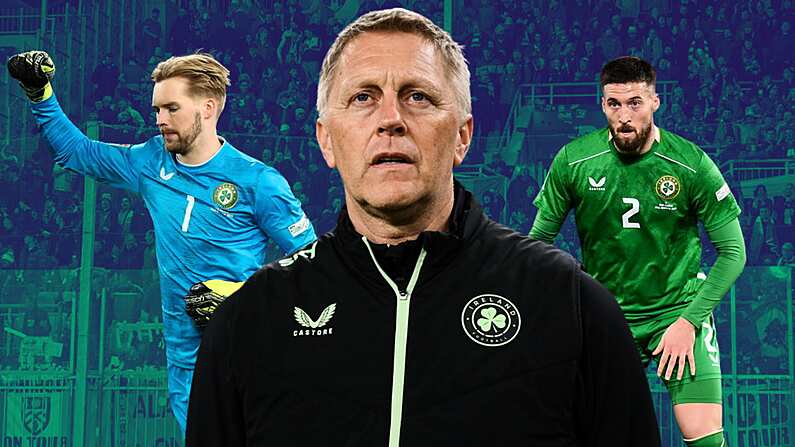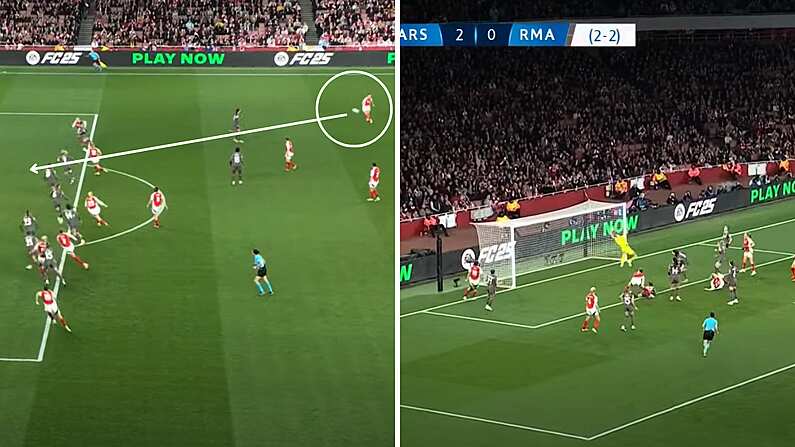With Ireland once again drawn a qualifying group with Serbia, we look back on when the Irish government refused to allow a match between Ireland and the Serbian predecessor Yugoslavia take place.
******
In 1999, the world's attention was captured by NATO's bombing of Yugoslavia in response to Serbian atrocities in Kosovo.
Kosovo, now an independent nation who might have also been included in our World Cup 2022 Qualifying group if not for a UEFA rule separating them and Serbia, was then an autonomous province in the Federal Republic of Yugoslavia. Quite how autonomous was always a matter of some conjecture.
Either way, after taking power in 1989, Slobodan Milosevic had done his utmost to ensure the region would be a good deal less autonomous. Kosovo was divided by the majority Kosovar Albanian population and the minority Serbian population.
The former was always inclined towards Kosovar nationalism and separation from the Federal Republic of Yugoslavia.
Following the collapse of the Socialist Federal Republic of Yugoslavia in the early 1990s, the KLA (Kosovo Liberation Army) was founded in 1991 to fight for Kosovo independence.
Milosevic had set his face against this and was adamant that the Kosovo Serbs would not be railroaded into an independent Kosovo. On rising to become President of the FRY in 1997, he took control of the Yugoslav military and directed them to engage with the KLA enemy.
The Serbian reaction to rebel activity in Kosovo consisted of massacres of the local population. The UN later found that the Serbs had embarked on "a systematic campaign of terror, including murders, rapes, arsons and severe maltreatments." Roughly 10,000 Kosovo Albanians were killed and about 80,000 more fled the area.
Beginning in May, Ireland accepted 1000 Kosovo refugees into the country.
NATO responded by siding with KLA and launching a 'humanitarian war' against the Serbian forces. The Russians and the Chinese were adamantly opposed. Operation Noble Anvil was the pompous name the Americans had given the mission.
The bombing campaign killed approximately 500 civilians. Milosevic surrendered before ground troops could be sent in.
The whole thing was done with little regard to the fact that Ireland had to play Yugoslavia at football that summer.
As we all know, Yugoslavia had to pull out of Euro 92 because of the outbreak of war in the Balkans. This allowed Denmark to steal into the tournament at the last minute and march all the way to glory. Ireland, convinced they were as good as Denmark at the time, looked on enviously.
Now, our Euro 2000 campaign would be interrupted because of further trouble in Yugoslavia.
Ireland had been landed in a tough, unglamorous group for the Euro 2000 campaign. The team's home form was superb as they hoovered up 12 points from a possible 12.
But their away form let them down badly - kickstarting the infamous 'TV3 curse' in the process. TV3 were unfortunate enough to get saddled with the task of screening only the away internationals. They lost 1-0 in both Belgrade and Zagreb. They also, disastrously, gave up two points in Macedonia in the final seconds when they'd already one foot on the plane to Belgium. They only won in Malta, and not too comprehensively either.
By June 1999, the campaign was going okay. They'd won two from three. In early summer, they were supposed to play
In the first week of June 1999, they were due to play Yugoslavia in Dublin. Four days later, they'd meet Macedonia at home. As a nation, the Federal Republic of Yugoslavia were not flavour of the month among the international community in the summer of 1999.
Bertie Ahern's famous love of football notwithstanding, he wasn't having the Yugoslav football coming over here when the international community held the country in such opprobrium. With reference to public opinion, the government refused to offer the Yugoslav team entry visas for the game.
The government's claim that they were acting on the back of public opinion is a touch dubious. While polls revealed that 71% of the public wanted UEFA to cancel the game, a strong majority of males both inside Dublin city and in the rest of the country said the government shouldn't step in. 66% of Dublin men and 60% of men outside Dublin wanted to government to stay out of it.
Countrywomen were of the same view with only 39% reckoning the government should stop the game. Only city women (58%) wanted the government to call off the game.
The FAI, initially, were less hawkish than the government. Bernard O'Byrne noted pithily that if we were to take into the account the human rights CVs of every country we played "our schedule might be considerably curtailed".
The Yugoslav footballers themselves weren't shy about flaunting their nationalist credentials. A more charitable reading is they were coming to their country's defence at a time of need.
Predrag Mijatovic, the Madrid player who scored the winning goal in the 1998 Champions League final, protested outside the US embassy in Spain draped in the Yugoslavian flag.
Dragan Stojkovic, playing club football in Japan at the time, lifted up his shirt after every goal his team scored, revealing a T-shirt bearing the message 'NATO stop strikes'. Sasa Drakulic did likewise in South Korea.
In spite of these gestures, UEFA cleaved to the view that sport and politics do not mix. They chanted it like a mantra and insisted that the game should go ahead on Saturday 5 June and they would not be postponing it.
It was made clear that the FAI would be punished if they didn't fulfill the fixture in Dublin.
In her RTE report on the saga in June '99, Clare McNamara outlined the range of sanctions Ireland could face.
The sanctions facing the FAI included a fine, deduction of points, having to play future home games at neutral venues and possible expulsion from the European championships.
The FAI had always insisted that UEFA should step in and cancel the game. An exasperated Bernard O'Byrne threw his hands in the air and noted, entirely correctly, that the FAI could do nothing once the government decided to act.
This was a decision taken by the Government, we are not in a position to either support it or condemn it.
Our line has always been consistent. This match could not and should never have been ordered to take place on Saturday.
UEFA have always known our view but they would not take the decision to postpone the match. We have had to rely on a political decision.
For their part, the Irish government took a dim view of UEFA's inaction. Bertie Ahern insisted that the FAI should not be punished for the government's refusal to grant VISAs to the Yugoslav players.
The government notes with regret the Uefa has persisted in its refusal to alter its decision.
In view of this failure on the part of Uefa to accept its responsibilities, the unacceptable situation in Kosovo and the indictments of the International Tribunal against the authorities of the Federal Republic of Yugoslavia, the government is convinced that it would not be appropriate for this football match to take place in Ireland.
A column in the Irish Times tore asunder the quaint belief that sport and politics somehow don't mix. The implication was that Ireland playing Yugoslavia while the country's generals were partaking in ethnic cleansing in Kosovo wouldn't be much better than playing apartheid South Africa.
By playing against Yugoslavia, by attending the game and treating it like any other match we will be engaging in a political act even more shameful than that which we engaged in May 1974 when the national team went to Santiago, Chile and played in the national stadium before the blood had dried on the slaughter which occurred there...
Lets not pretend that right now sport and politics don't mix, Yugoslav players all over Europe have made it patently clear that they do mix by striking, by displaying banners, by urging each other to fight for the homeland.
Five days after the Ireland-Yugoslavia match didn't take place in Dublin, NATO suspended the bombing campaign after Milosevic had earlier hinted he would accept the terms of the international peace plan.
Nonetheless, UEFA set about punishing the Irish football authorities for the abandonment of the game. The punishment was at the lower end of the scale. Ireland would have to compensate the expenses of the Yugoslav squad and would have to pay 50,000 francs to a Swiss charity.
Three months later, with the bombing campaign long over, the match took place in Dublin. Ireland won 2-1 with Mark Kennedy scoring a stunning winner.
It wasn't enough for Ireland though, who blew a lead with seconds to go in Macedonia to miss out on automatic qualification. A tetchy affair in Turkey in the playoffs would ultimately mean Ireland's wait to get to the European Championships would go on.



